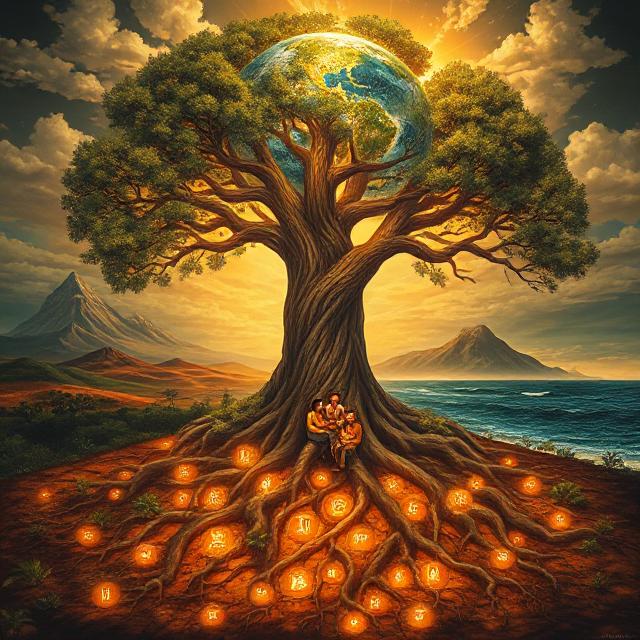Category: Branches of Philosophy
-
Ethics of Capitalism vs Socialism

Ethics of Capitalism vs Socialism The ethics of capitalism vs socialism is one of the most enduring philosophical and political debates of modern history. At its core lies a clash between values: individual freedom vs collective responsibility, market-driven innovation vs state-guaranteed welfare, and the ethical tradeoffs each system makes to achieve prosperity and justice. While…
-
Is Revenge Ever Moral?

Is Revenge Ever Moral? Is revenge ever moral, or is it merely a primitive urge cloaked in justification? Throughout history, revenge has fascinated and divided philosophers, legal scholars, and cultural critics. From ancient codes like Hammurabi’s “eye for an eye” to modern vigilante films, revenge walks a fine line between justice and cruelty. This article…
-
Are There Universal Human Values?

Are There Universal Human Values? Universal human values refer to moral principles that are believed to apply across all cultures, times, and societies. But are they real, or just hopeful myths? The idea has long inspired international movements, human rights doctrines, and philosophical debates—but also drawn criticism from cultural relativists, anthropologists, and ethicists who argue…
-
The Ethics of Lying for a Good Cause

The Ethics of Lying for a Good Cause Is it ever morally acceptable to lie, especially when the truth might cause harm? This question strikes at the heart of ethical philosophy and real-world moral decision-making. The ethics of lying for a good cause forces us to weigh honesty against compassion, principles against outcomes, and the…
-
The Ethics of Euthanasia: A Moral Dilemma

The Ethics of Euthanasia: A Moral Dilemma Ethics of euthanasia presents one of the most emotionally charged and philosophically complex moral questions of our time: Is it ever right to end a life to relieve suffering? The word euthanasia, derived from the Greek “eu” (good) and “thanatos” (death), literally means “good death.” But determining whether…
-
Environmental Ethics: Do Trees Have Rights?

Environmental Ethics: Do Trees Have Rights? Environmental ethics challenges us to rethink our moral responsibilities—not just to other humans, but to the entire natural world. Do trees have rights? Do ecosystems deserve ethical protection regardless of their usefulness to humans? These questions push philosophy beyond anthropocentrism (human-centered thinking) and into the broader domain of nonhuman…
-
Animal Rights: Should Animals Be Moral Subjects?

Animal Rights: Should Animals Be Moral Subjects? Animal rights is one of the most urgent and transformative ethical conversations of our time. For centuries, animals have been used for food, labor, clothing, entertainment, and experimentation—all under the assumption that they exist for human benefit. But as science reveals the complexity of animal minds and philosophy…
-
What Is a Just War? Principles and Ethics Explained

What Is a Just War? Principles and Ethics Explained The concept of a just war seeks to reconcile the harsh realities of armed conflict with the principles of morality. Rooted in philosophy, theology, and international law, the idea aims to answer a crucial ethical question: When, if ever, is it morally permissible to go to…
-
Ethical Dilemmas in AI Development

Ethical Dilemmas in AI Development Artificial Intelligence (AI) is transforming the world at a breakneck pace, promising efficiency, insight, and automation across industries. However, the rapid growth of AI brings profound AI ethical dilemmas that challenge our understanding of morality, responsibility, and human dignity. These dilemmas are not speculative—they are already reshaping legal frameworks, corporate…
-
Are There Objective Moral Truths?

Are There Objective Moral Truths? Do right and wrong exist independently of human opinion? Or are they mere conventions shaped by culture, upbringing, or personal preference? This age-old question strikes at the heart of moral philosophy: Are there objective moral truths? Philosophers have debated the existence of a universal moral standard for millennia. In this…
